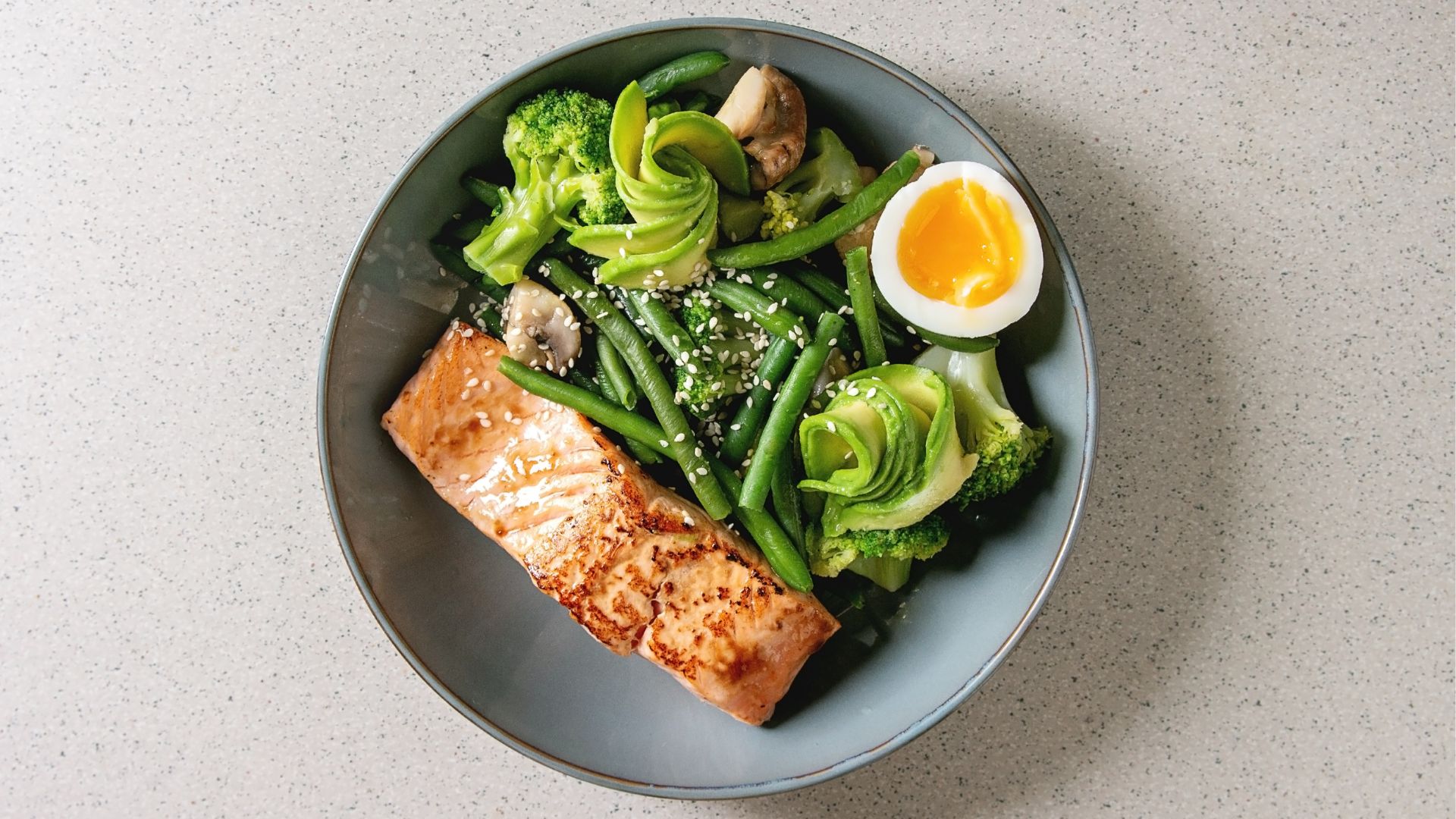7 stress-relieving foods
Stress is a daily part of our lives. Whether it is work schedules, school, health or family demands, it can be hard to juggle everything without an occasional stress-eating episode. Luckily, there are ways to cope with stresses and the key to feeling better might just be at the end of your fork. Stress-relieving foods that contain vitamins and antioxidants help improve our response to stress.

7 foods that help with stress
Next time you get frustrated with the demands of the day, reach for one of these 7 science-backed natural stress-relieving foods.
1. Dark chocolates
High quality dark chocolates are packed with antioxidants. A healthy indulgence of dark chocolate (i.e a few bites) can be beneficial to our heart health and have the power to regulate your stress levels. Dark chocolate also consists of serotonin, the stress-relieving hormone.
According to research, consuming 40 g of dark chocolate daily during a period of 2 weeks reduced stress in individuals [1]. As a rule of thumb, go for varieties that contain at least 70% cacao to get the most health benefits!
2. Avocado
Avocado in moderate amounts can also help with stress! When you get stressed, your blood pressure may start to rise. Avocado is a good source of potassium, which helps keep your blood pressure where it needs to be.
Consuming regular portions of this super fruit may curb appetite as it leaves you feeling more satisfied.
In an experiment, researchers had participants add half an avocado to their lunches, reducing their desire to eat more by 40% for the three hours following the midday meal [2]. This full feeling makes it less likely for you to reach out for unhealthy snacks when stress kicks in which can leave you feeling more stressed.
3. Salmon
The omega-3 fats found in salmon help curb cortisol levels, which is a stress-related hormone linked to high levels of inflammation in the body.
Omega-3s are healthy fats that are anti-inflammatory and can help your brain function and stop the surge of cortisol during stressful times. By keeping your brain healthy, you can feel more confident and equipped to handle stressful triggers that come your way.
In a 2021 study, researchers found that omega-3 reduced overall cortisol (the primary stress hormone) up to 33% compared to placebo [3].
4. Green tea
Unlike coffee, green tea doesn’t give you caffeine-induced jitters. They are a great alternative to high caffeine beverages due to its calming effect on the mind.
Theanine, an amino acid commonly found in green tea leaves, helps to keep stresses at bay. According to researchers, theanine also helps to induce relaxation and reduce stress and anxiety levels [4].
5. Eggs
Eggs are packed with vitamin D and antioxidants needed for a healthy stress response. Vitamin D is linked to important health benefits such as anti-inflammation and mood regulation.
A 2021 review found a connection between vitamin D and mood have seen a reduction in symptoms of depression, anxiety, and mood with increased vitamin D levels [5].
6. Blueberries
Blueberries get the health crown of all fruits because they’re known to offer the most antioxidants. When we are stressed, our body enters into flight-or-flight mode.
Antioxidants and phytonutrients found in blueberries help improve our body’s response to stress. Consuming blueberries can reduce stress levels by promoting brain function and lowering blood pressure.
7. Yoghurt
Yogurt helps with stress relief because it contains probiotics that help keep a healthy balance of good and bad bacteria in your body! Greek yogurt is most recommended because it contains more active cultures than plain yogurt.
In a study conducted, researchers divided 38 healthy participants into an experimental or control group. The experimental group consumed a daily dose of a probiotic mixture. After six weeks, participants in the experimental group saw a significant improvement in mood, sleep quality and a reduction in depressive states, as compared to that of the control group.
Planning a nutritious meal
While stress is a normal response to everyday pressures, chronic stress can lead to mental health conditions and medical issues. Good news is there are many ways to manage stress and planning a nutritious meal with superfoods is one of them.
Add some of these stress-relieving foods to your diet and start reaping the benefits!
Reference
[1] Al Sunni, A., & Latif, R. (2014). Effects of chocolate intake on Perceived Stress; a Controlled Clinical Study. International journal of health sciences, 8(4), 393–401.
[2] Wien, M., Haddad, E., Oda, K., & Sabaté, J. (2013). A randomized 3×3 crossover study to evaluate the effect of Hass avocado intake on post-ingestive satiety, glucose and insulin levels, and subsequent energy intake in overweight adults. Nutrition journal, 12, 155. https://doi.org/10.1186/1475-2891-12-155
[3] Madison, A. A., Belury, M. A., Andridge, R., Renna, M. E., Rosie Shrout, M., Malarkey, W. B., Lin, J., Epel, E. S., & Kiecolt-Glaser, J. K. (2021). Omega-3 supplementation and stress reactivity of cellular aging biomarkers: an ancillary substudy of a randomized, controlled trial in midlife adults. Molecular psychiatry, 26(7), 3034–3042. https://doi.org/10.1038/s41380-021-01077-2
[4] Unno, K., & Nakamura, Y. (2021). Green Tea Suppresses Brain Aging. Molecules (Basel, Switzerland), 26(16), 4897. https://doi.org/10.3390/molecules26164897
[5] Silva, M., Barros, W., Silva, M., Silva, J., Souza, A., Silva, A., Fernandes, M., Souza, S. L., & Souza, V. (2021). Relationship between vitamin D deficiency and psychophysiological variables: a systematic review of the literature. Clinics (Sao Paulo, Brazil), 76, e3155. https://doi.org/10.6061/clinics/2021/e3155
[6] Marotta, A., Sarno, E., Del Casale, A., Pane, M., Mogna, L., Amoruso, A., Felis, G. E., & Fiorio, M. (2019). Effects of Probiotics on Cognitive Reactivity, Mood, and Sleep Quality. Frontiers in psychiatry, 10, 164. https://doi.org/10.3389/fpsyt.2019.00164
Tools Designed for Healthier Eyes
Explore our specifically designed products and services backed by eye health professionals to help keep your children safe online and their eyes healthy.

